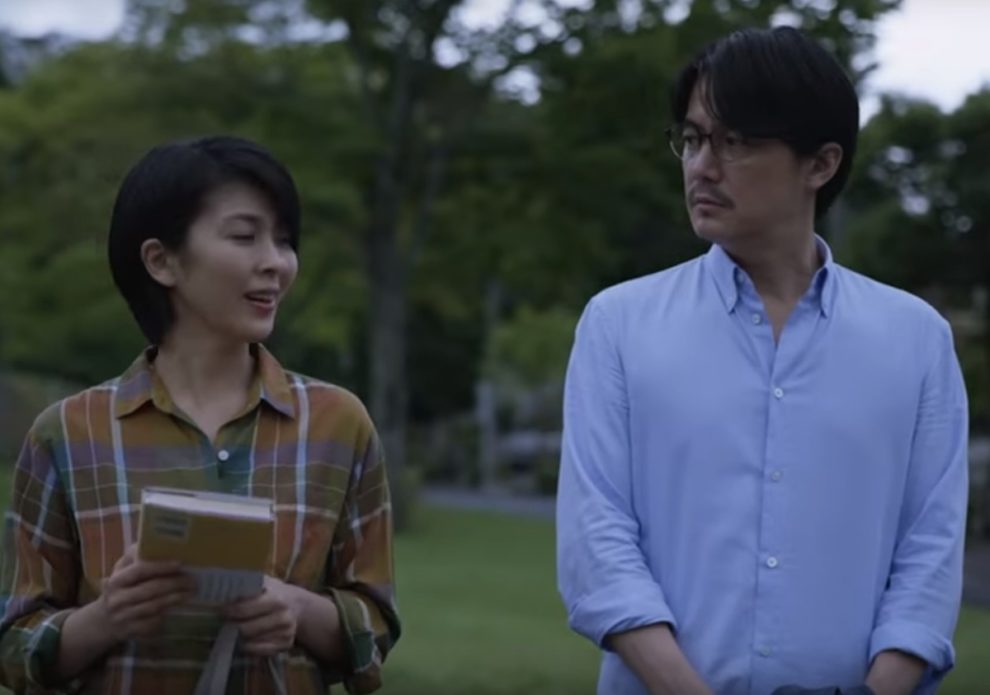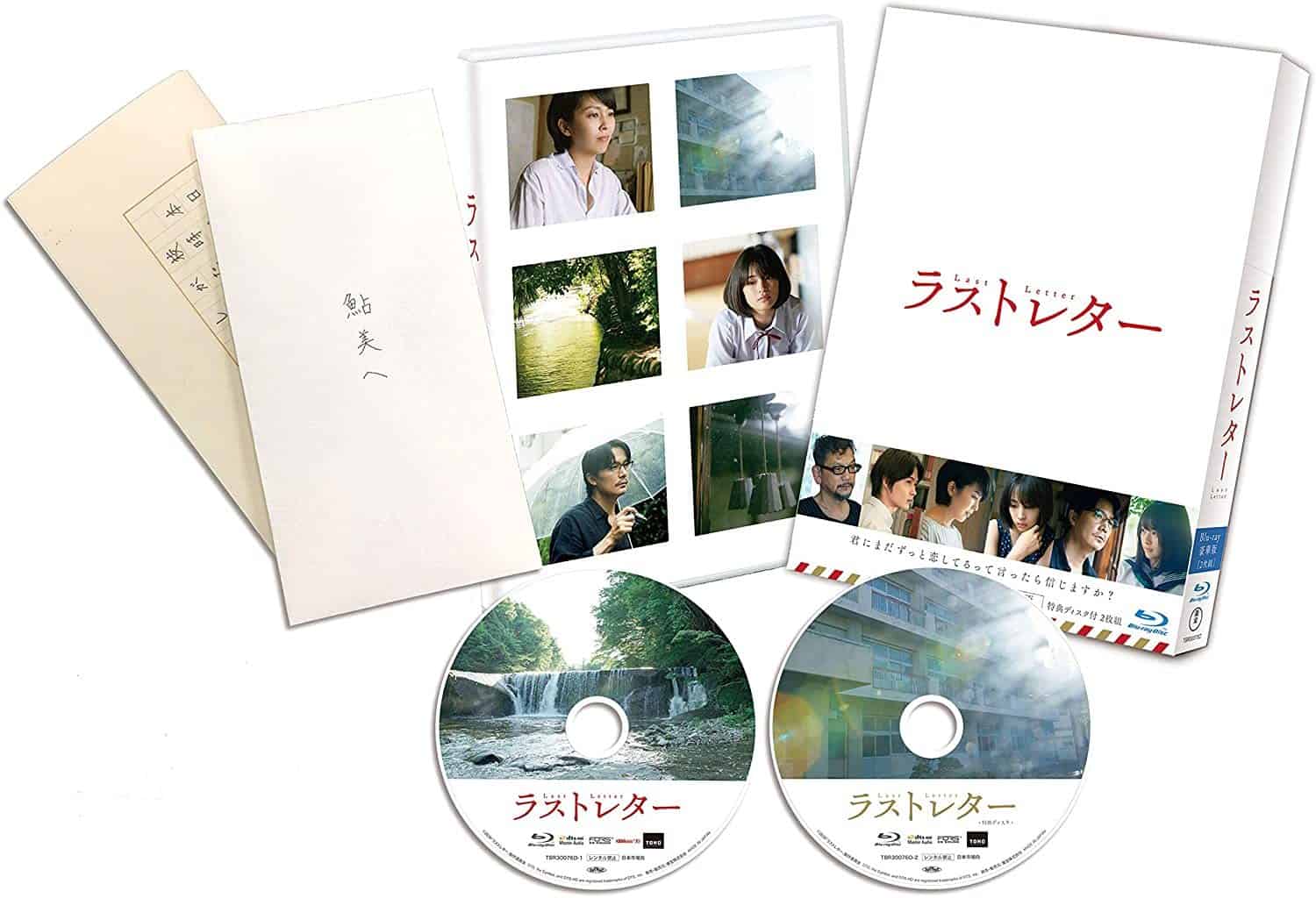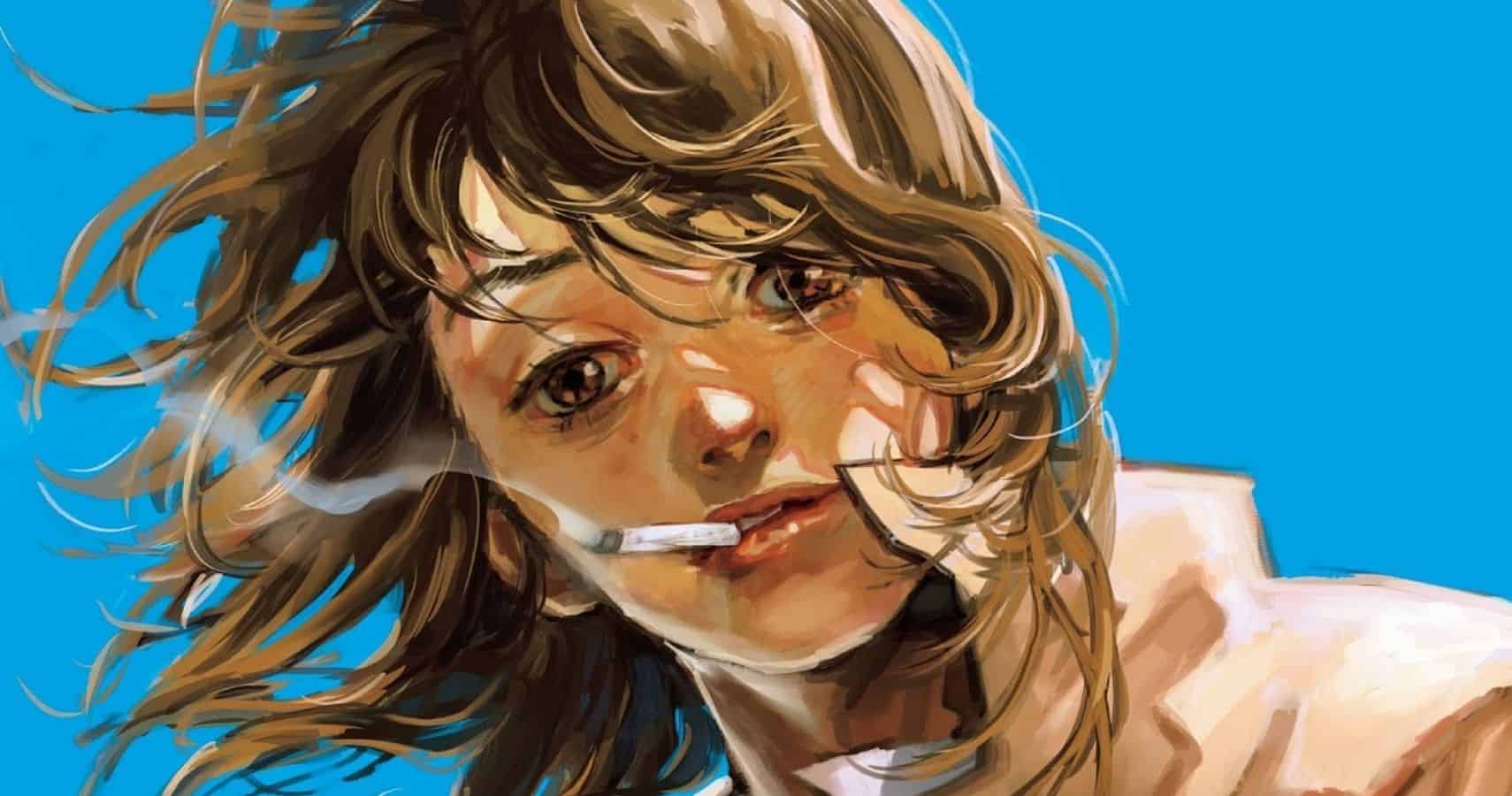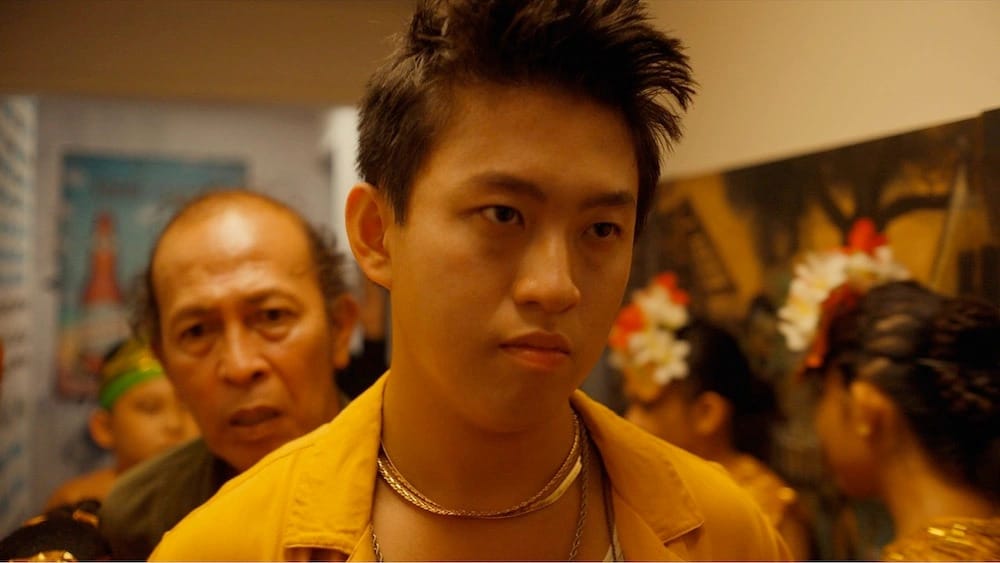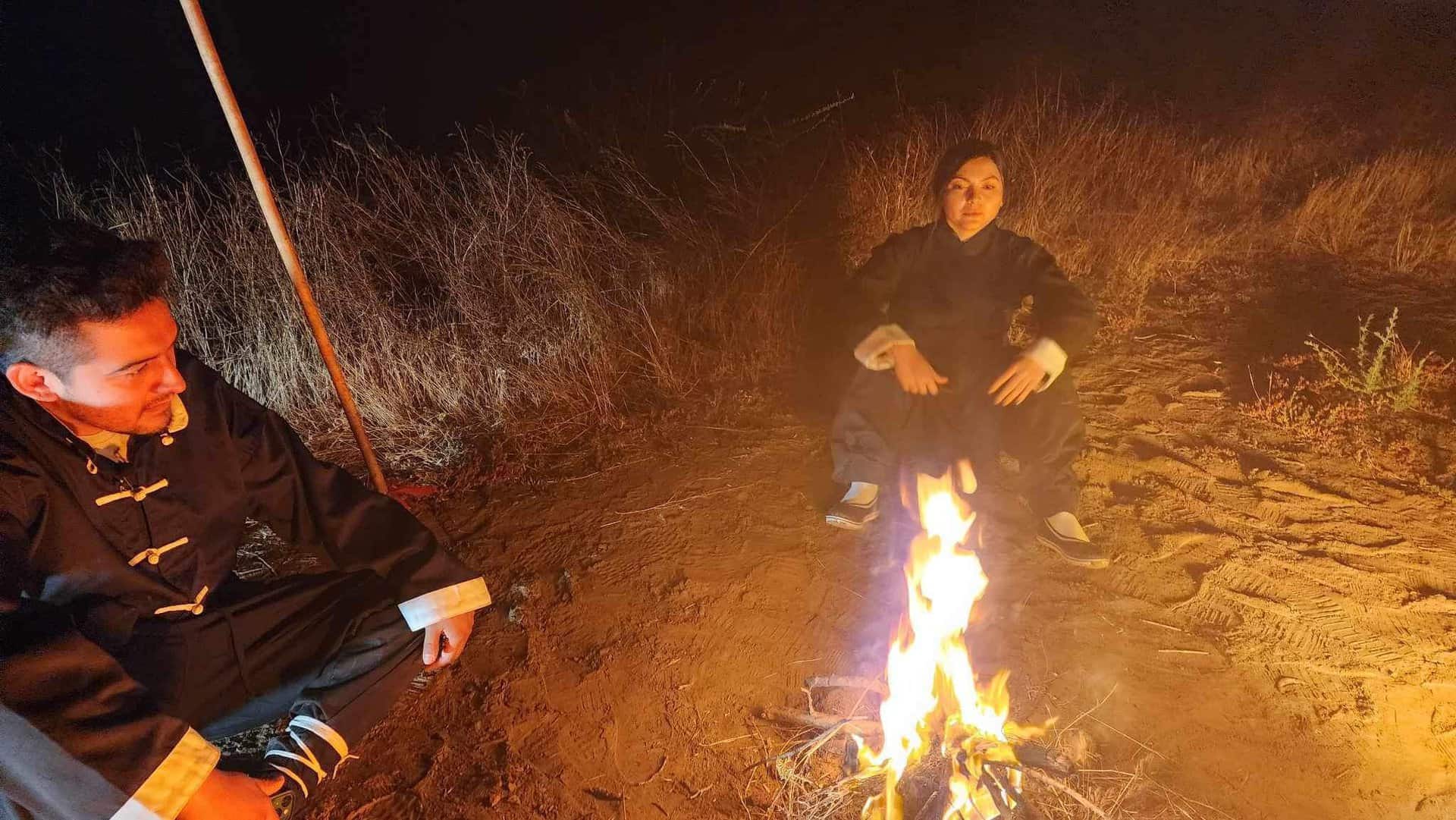Having a great cast in his hands, Shunji Iwai decided to take a trip down his own cinematic past this time (the title points towards his first hit, “Love Letter” while he also cooperated with Takako Matsu on “April Story”), resulting in a rather nostalgic film that works on a number of levels, but also seems to fail to pack a punch. The script is based on his own novel, while in 2018 he directed a homonymous, Chinese film starring Zhou Xun.
Buy This Title
Yuri is a middle-aged mother who has just returned to the area she grew up, along with her daughter, Fuka, to attend the funeral of her older sister, Misaki, who has just died, leaving her own daughter, Ayumi, with her grandmother, since her husband is out of the picture. When an invitation for a class reunion comes to the house, Yuri decides to attend, to inform her sister's classmates of her death, but finds herself being confused with Misaki, to the point that an old boyfriend of hers, Koshiro, approaches her and confesses his love (for her deceased sister that is). Yuri fails to come true and even more, starts a mail correspondence with the now failed author Koshiro. However, her letters do not include a return address, and Koshiro sends his replies to her parents' house, where her daughter has decided to spend the summer with her cousin. The two girls also start replying to Koshiro, with both the two cousins and Yuri essentially pretending to be the deceased Misaki.
Yuri's husband (a mangaka played by no other than Hideaki Anno) eventually stumbles upon a message from Koshiro, which makes him rather frustrated, resulting in punishing his wife in the most unusual manners. As Yuri, however, has been fully absorbed by her past, she soon finds herself spending much time with an old teacher who currently retains a friendly relationship with her mother, while her rather revealing trip to her schooldays also begins to take up a large part of the narrative. Furthermore, Iwai also changes the point of focus once more, after a point, to Koshiro and his own past and current life, as a number of additional revelations come to the fore.
Shunji Iwai directs a movie that combines three different perspectives, two different timelines three different genres; mainly situational comedy, coming-of-age/school-drama and family (melodrama), not straying away from the corniness usually associated with all three. At the same time, the rules of the family drama, as dictated by Hirokazu Koreeda are also a big part of the narrative, particularly through the slow pace and the subtle presentation of emotions. However, Iwai manages to move away, at least from the last aspect, by juxtaposing the different timelines in way that, through his own editing, induces the narrative with a sense of speed that works quite nicely regarding the entertainment offered here.
Check the interview with the director
The same applies to the way he implements humor in various aspects of the film, starting with the mix-up of the two sisters, the wrongly delivered letters, the behaviour of Yuri's husband and her own, as her interactions with her past make her act much like a school girl. This last aspect benefits the most by an impressive performance by Takako Matsu, who presents all the different layers of her character with delightful gusto.
Furthermore, the way the misunderstandings crumble in the end through a number of revelations mostly revolving around the school days of the three protagonists and Koshiro's trip down memory lane where reality hits him as hard as possible, adds much depth to the overall narrative, essentially inducing it with a sense of mystery through the many plot twists. Particularly the scene with Ato is one of the strongest in the film, with Masaharu Fukuyama (who looks much like Johnny Depp here) expressing his boiling sentiments without speaking almost at all in impressive fashion, and Etsushi Toyokawa (who was also in “Love Letter” along with Miho Nakayama) functioning excellently as the drunken “villain”.
The other “tricks” Iwai uses include the concept of letter writing, which essentially adds an element of narration to the movie, while also inducing it with a retro essence that also works quite nicely. Lastly, having Suzu Hirose play both Ayumi and Misaki in her school days, and Nana Mori both Fuka and Yuri, also works quite well for the film, as it gives the young actresses space to highlight their charisma and performances while also giving a meta element to the whole production, and adds a bit to its humor aspect.
Chigi Kanbe's cinematography captures the different settings in a style much reminiscent to “Still Waking” with the overall visuals highlighting a similar suburban/almost-rural sense. His framing is excellent, allowing the actors to “exist” harmonically with their surroundings and to show their psychological status on each occasion.
“Last Letter” may not be as groundbreaking as “All About Lily Chou-Chou” or “Bride for Rip Van Winkle” but is well-written, well-directed, well-casted and acted and will definitely appeal to all fans of Japanese drama, with all the pros and cons that entails.


